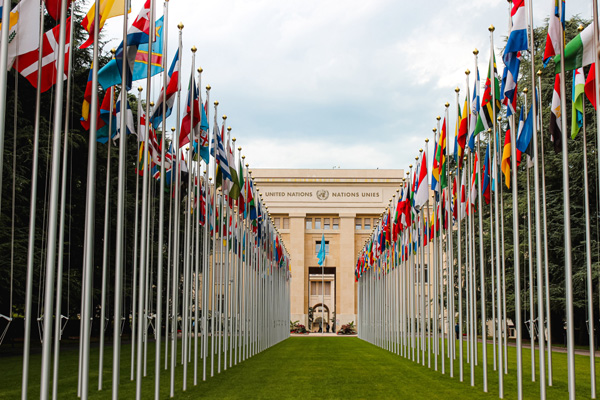
China's Trina Solar is thinking about getting into the Green Hydrogen electrolyzer business in India. Meanwhile, Bharat Petroleum is aggressively exploring partnerships for offshore wind projects in Japan, as well as investing in hydrogen technology startups.

At the G20 summit in New Delhi, world leaders reiterated their commitment to combating climate change.

India is making incredible progress on its green energy journey, leapfrogging its Paris Agreement targets by nine years. The country is determined to generate 40% of its power from non-fossil fuel sources by 2030.

The COP28 Presidency hopes that the G20's pledge to triple global renewable energy capacity by 2030 will have an impact on the COP28 outcome. However, the COP28 Director General, Ambassador Majid Al Suwaidi, is hesitant about verifying the delivery of the promised $100 billion each year beginning in 2020, highlighting the need of developed nations fulfilling this commitment.

According to Union Minister Bhupender Yadav, India is making tremendous progress towards meeting its Paris Agreement obligations to limit global warming to 1.5 degrees Celsius.

India's food needs are growing because its population is growing, which is pushing people to look for new ways to meet those needs that combine science and technology.

Total Green Recycling, the region's largest e-waste recycler, is expanding its capabilities in advance of a statewide restriction on depositing electronic debris (e-waste) in landfills beginning in 2024.

The Panama Canal, an essential route for global marine trade, is experiencing significant disruption owing to record low water levels caused by the greatest drought in its 143-year history. Due to low rainfall at Gatn Lake, constraints have led in a significant 15 million-ton reduction in throughput this year, causing ships to spend an additional six days in transit.

Sundar Pichai, CEO of Google, highlighted comparisons between artificial intelligence (AI) and climate change, highlighting the importance of a worldwide strategy to regulating the technology. Pichai spoke at the Asia-Pacific Economic Cooperation (APEC) CEO forum about the difficulty of reaching a global consensus on

Ocean Thermal Energy Conversion (OTEC) appears as a promising yet long-standing renewable energy technology that makes use of temperature differences within ocean groups.